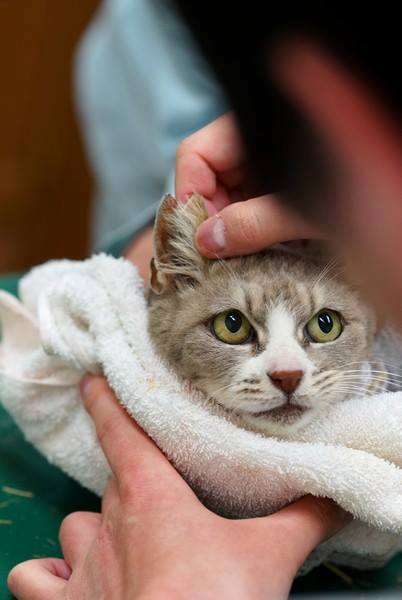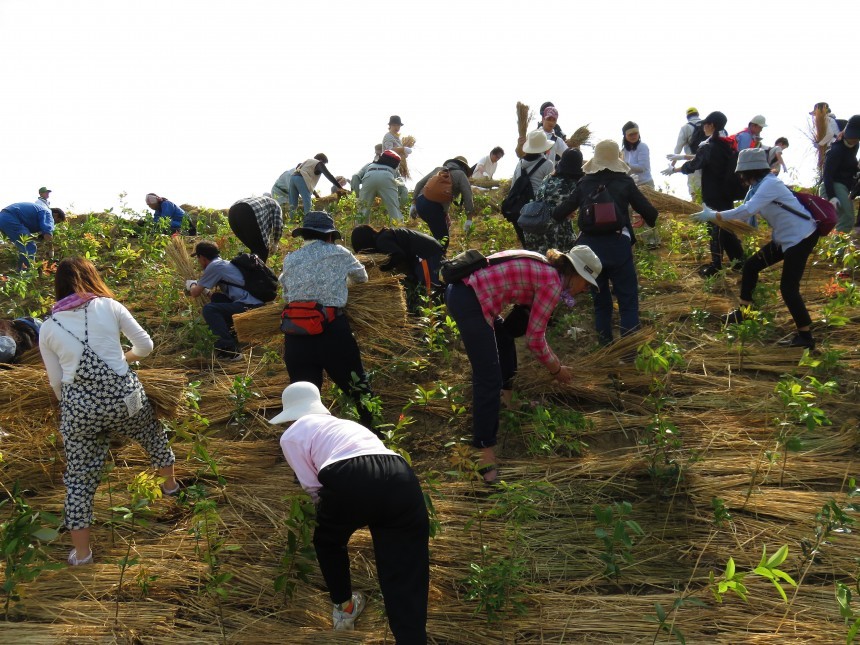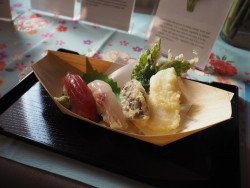
December 16, 2017
‘Tis the Season for Giving
A charity list round-up for directing that generous spirit
By Linda Gould
The December holidays bring out the best in us. It is a season when we take to heart the adage, “It is better to give than to receive.” This manifests in our eagerness to buy the perfect present for our loved ones or bake sweets for our neighbors.
But the holidays are also a time to donate to charities. In fact, charities in the US receive 34% of their total donations in the final three months of the year, more than half of that in December alone.
Since 2012, #GivingTuesday has been a force in the American charitable community. Giving Tuesday is the first Tuesday after Thanksgiving, a date chosen by its founders—the 92nd Street Y in New York and the United Nations Foundation—to counter the materialism and frenzy of Black Friday and Cyber Monday. It is a collaboration of thousands of organizations, foundations, corporations and faith-based groups around the world to not only encourage financial gift donations, but also “donations of time, resources and talents to address local challenges.”
A quick search of the Giving Tuesday website, however, listed over 100 participating organizations in my small home state of Delaware. They range from well-known national organizations like the American Civil Liberties Union and Boy Scouts of America, to purely local groups like an equine rescue and a local theater company.
No matter how well-intentioned Giving Tuesday may be, weeding through a list that long is off-putting. Adding to the confusion is the fact that many of the better-known charities spend a large percentage of their donations on administrative costs like advertising, fundraising and CEO salaries, at the expense of their stated mission.
So how is an individual to decide between the Cancer Research Institute and the National Cancer Center? (Hint: Charity Navigator, a charity evaluator, rates the Cancer Research Institute as one of the best organizations while the National Cancer Center is one of the worst.) It takes a significant amount of research to sort through all the possibilities.
How to Choose

So, you want to be generous, but how do you choose which group to support when they all seem so worthy?
How do you get rid of that feeling of guilt when you choose one charity over another?
These are important questions, because research into people’s motivation for charitable giving has shown that the longer and harder people think about giving, the less likely they are to open their wallets.
Email mailboxes are flooded with requests for money, the Giving Tuesday website has pages and pages of worthy charities, and even social media accounts are inundated with ways to help those in need. The choices are so overwhelming that people turn away from the process altogether.
So, let’s make it easy.
Below is a list of charities (mostly local) recommended by non-partisan donors who know them to be reliable and efficient. The list is by no means exhaustive, but the local and unique nature of the organizations and their effective approaches to making life a little better for the communities they serve make them worthy of your donations.
If you plan on donating this holiday season, you can give through a charity connected with #GivingTuesday or donate directly via the links provided below. Many of the organizations also need volunteers.
Whether you give money, time or talent, may your holiday season be filled with joy and peace.
International Charities
The Carter Center
For more than 30 years, the Carter Center, headed by former US President Jimmy Carter, has worked to alleviate human suffering. Whether eradicating guinea worm and river blindness in Africa or addressing mental health problems in the US, the Carter Center takes a hands-on approach towards issues that are often overlooked.
Preemptive Love
“Violence doesn’t get the last word. You do,” describes the mission of this group that aims to empower refugees from around the world, including war-ravaged Syria and Iraq as well as environmental refugees in the US. The group provides lifesaving materials like food, water and shelter, as well as economic assistance through small business grants and coaching. Refugee-made goods are available for purchase through their website.
Charities in Japan

Mirai no Mori
The holidays often focus on children, but this non-profit doesn’t limit its activities to one season. Mirai no Mori provides year-round back-to-nature programs as well as summer and winter nature camps designed to build confidence and leadership skills in children who have been abused, neglected or orphaned. These children often experience difficulty in school, but the Mirai no Mori activities aim to get them back on track to lead healthy adult lives.
Kyoto River Cat Mission
Sometimes, all it takes is the dedication and perseverance of one individual to make a difference in the world. In this case, that dedicated individual is Osaka University professor Tamarah Cohen, who can often be found at 3 am, rain or shine, feeding and sheltering colonies of wild cats along the Kyoto River. Cohen elicits donations to help her trap, neuter, and then release (TNR) the cats. Donors can dedicate their contributions towards the TNR program, or to the Shelter Arigato project that cares for injured and sick cats. Donate, sponsor a cat, or purchase supplies:
Kyoto River Cats Amazon Wish List: https://www.amazon.co.jp/gp/registry/wishlist/G1G53SXAR6I0/ref=topnav_lists_1
or visit https://www.facebook.com/tamarah.cohen.9/posts/10154837515616502
TELL Japan
It seems like every day the news has a story about a tragedy that could have been prevented if mental health services had been available. TELL Japan is an organization trying to address those issues. They offer mental health counseling, a suicide prevention hotline, and community outreach to address social issues like bullying and child abuse. Their services are available to Japanese and foreigners alike.
The Great Forest Wall Project (Tohoku redevelopment)

After the Tohoku Earthquake and resulting tsunami, research showed that broadleaf trees indigenous to the area were more likely to withstand the tsunami, and therefore offer protection to nearby populations. The Great Forest Wall Project is a 20-year plan to strengthen the defenses for future tsunamis by planting 90 million native trees from Aomori to Fukushima along the tsunami-ravaged coastline. To date, about 12,000 trees have been planted. Each spring, volunteers from across the nation meet in Tohoku to plant seedlings.
English: http://morinoproject.com/english
Japanese: http://morinoproject.com
Other recommendations include ordering a subscription to a local newspaper or magazine, encouraging your company to support a charity, supporting activist groups like Women’s Action Network (WAN) and Student Emergency Action for Liberal Democracy (SEALDs), or purchasing holiday gifts through organizations like Amazon Smile or cash back programs that donate a percentage of their profits to charity.







